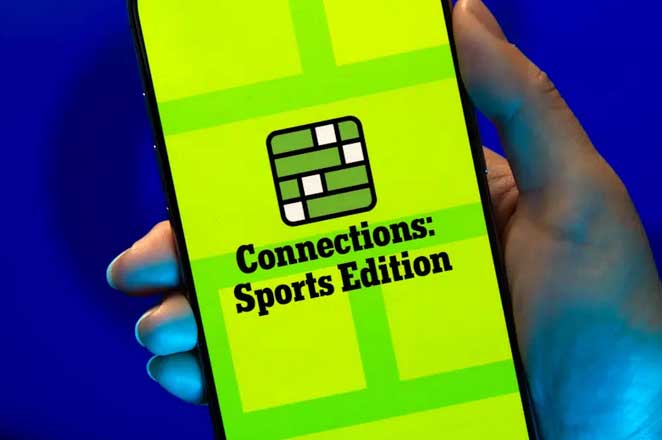OpenAI Launches Sora: New AI Video App Raises Copyright Concerns
By Staff Reporter | October 1, 2025
OpenAI, the artificial intelligence company behind ChatGPT, has announced the launch of Sora, a new AI-powered video generation application designed to allow users to create and share videos instantly. The app, which is now rolling out to select markets, has already ignited debates across the entertainment, tech, and legal industries over its potential impact on copyright, content creation, and the future of digital media.
What is Sora?
Sora is described as a video-generating social app, combining elements of TikTok, Instagram Reels, and AI creativity. Users can generate short video clips using text prompts, images, or even snippets of copyrighted content, then share them within the app’s social media-style feed.
OpenAI executives said the app builds on the company’s earlier work in image generation, noting that copyright holders will have the ability to opt out of having their works appear in Sora-generated content.
“We see Sora as a new form of creative expression, one that brings together the power of AI and the global community of creators,” an OpenAI spokesperson said during the announcement.
Copyright Owners React
The biggest controversy surrounding Sora is its relationship with copyrighted content. According to OpenAI, television networks, movie studios, and other rights holders must actively opt out if they do not want their intellectual property to be used in the app’s video generation system.
This approach mirrors the company’s earlier stance on image generation, where copyright owners were required to notify OpenAI if they wished to prevent their work from being included in training data or output.
Critics argue that this “opt-out” system places an unfair burden on copyright holders, particularly smaller creators or independent artists who may not have the resources to monitor or enforce their rights across platforms.
“Studios and artists shouldn’t have to chase after technology companies to protect their work,” said an attorney specializing in digital rights. “The default should be opt-in, not opt-out.”
Opportunities for Creators
Despite the concerns, many content creators and digital influencers see Sora as a potential game-changer. For social media personalities, marketers, and small businesses, the ability to generate videos on demand could dramatically lower the cost of producing professional-quality content.
Creators can use the tool to develop promotional videos, entertainment clips, or even full narratives without the need for expensive production equipment or editing skills.
“AI video will change the way we think about storytelling,” said Maggie Chen, a YouTuber who has tested Sora in beta. “It puts power in the hands of people who never thought they could make videos at this level.”
Industry Implications
For Hollywood and the entertainment industry, however, the launch of Sora comes at a sensitive time. The rise of AI-generated content has already led to strikes, negotiations, and heated debates about the role of human creators versus algorithms.
Studios fear that allowing AI models to generate content using copyrighted footage could dilute the value of their intellectual property. At the same time, the tech industry argues that innovation should not be stifled.
Alphabet Inc. and other major companies are also investing heavily in AI video tools, signaling that the market is likely to become increasingly competitive.
Legal and Regulatory Scrutiny
Legal experts predict that Sora will quickly draw the attention of regulators in the United States and abroad. With existing copyright frameworks struggling to keep pace with rapid technological advances, lawmakers may soon be forced to revisit how copyright applies in the era of generative AI.
“This is uncharted territory,” said Martin Lopez, a professor of intellectual property law. “We are moving into a world where the definition of authorship itself is under question. Sora is just the latest flashpoint in that debate.”
The Road Ahead
OpenAI has stated that it intends to continue refining the app while working with industry partners to address concerns. The company emphasized its commitment to balancing innovation and responsibility, but it remains to be seen how Sora will be received by rights holders and regulators once it becomes widely available in 2026.
For now, Sora represents both the promise and peril of AI: a tool that could democratize video creation for millions, while also pushing the boundaries of intellectual property law in ways that the world has never seen before.







